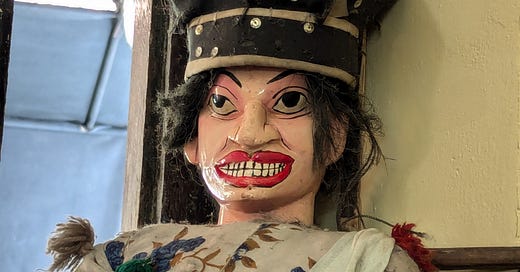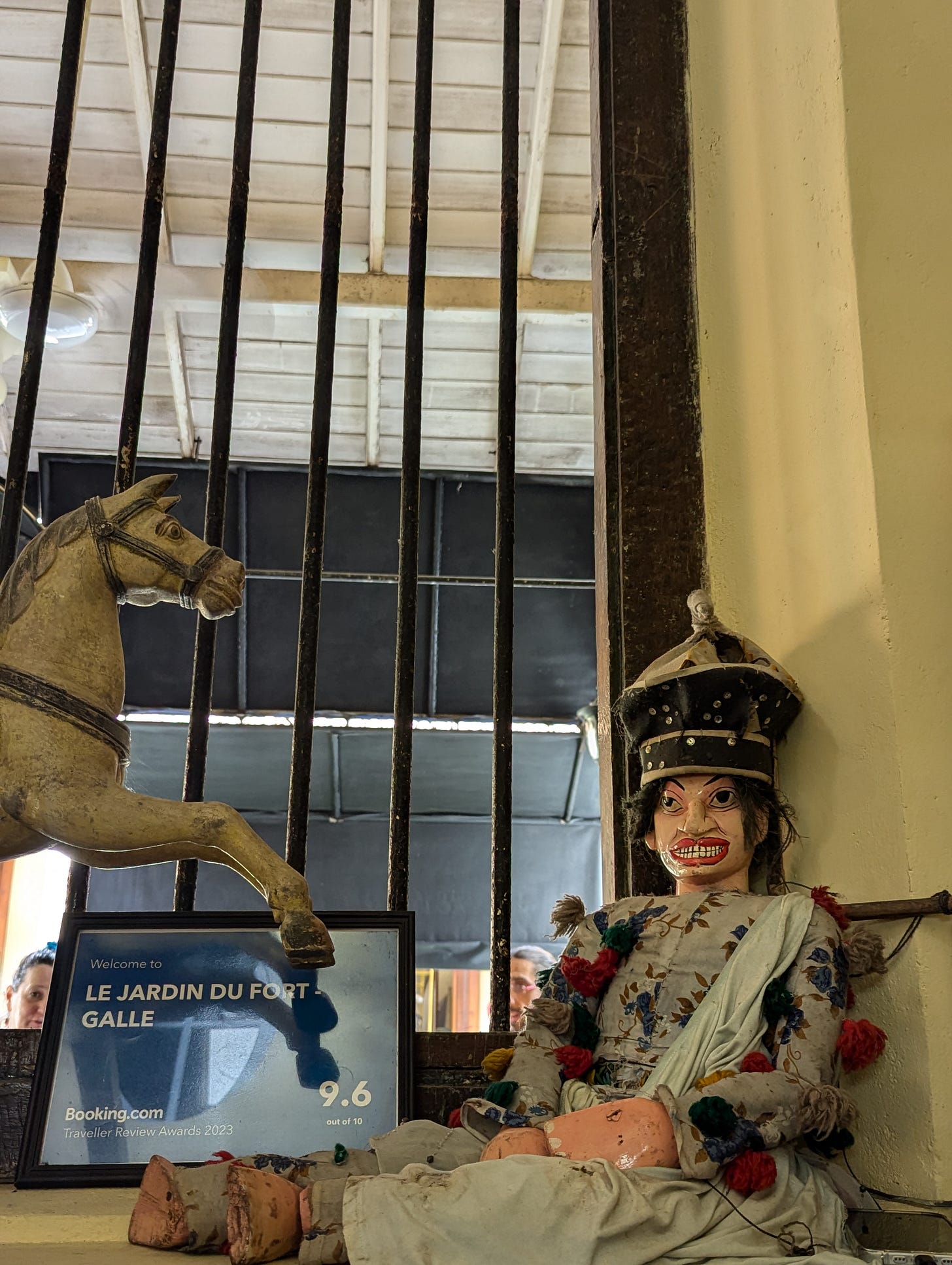Every once in a while, I see a parent cooing over an utterly spoiled, poorly-behaved child as if it’s utterly perfect. Brilliant, they say, when the child manages to do the smallest thing. Charming, when the four-year-old brat tries to manipulate its way to more candy. So cute, how it pouts at the prospect of bedtime.
When I see this, I wonder, Is this how I am with my novel?
I don’t want to be the parent imposing an unpleasant child on others, without the self-awareness to know when we are unwelcome. One of the longer-term effects of being a writer on the margins of society is that you sometimes secretly wonder, Is this book actually good, or are people just indulging me?
Then there are those who are so utterly convinced of their skill that they feel outraged and disappointed that the world has not recognized their talent. Why does nobody care about stories about [insert topic here]? Why does such trash get published when my literary novel struggles so much? Why did that author get such a massive advance?
Every writer hopes that others will love their books as much as they do. Ultimately, what we seek, from agents, publishers, family and friends, readers at large and the people sitting next to us on the airplane, is that our story is the most fascinating thing they’ve ever seen. (I once sat across from Roxanne Gay in an airplane; I kept fantasizing about one of my books in her hands, and then kept freaking out about it as if it was really happening). Writing is just as narcissistic an endeavor as having a child, and probably just as rooted in the biological need to leave your mark on the world.
The reality is that you have to carry much of the weight yourself, even if you’re traditionally published. An agent might believe in you, a publisher might back you, and publicists might help you reach more readers, but you have to do the work. Whether this means multiple revisions until it’s just right, building out your community and supporting other authors, or even using your own money to supplement the tiny marketing budget you’ve been allotted, if you don’t have absolute conviction in your book, nobody else will.
The New York Times bestselling author known as MXTX now has multiple novel, film and animation credits to her name, but she got her start self-publishing on Wattpad. Recently, there was a story about the writer Amish Tripathi receiving a record $900,000 advance just for the South Asian rights to his next three books. Usually these kinds of advances are reserved for the rights to British and American markets. This deal is practically unheard of in the region, because the cost of books in Asia is so low that the books would have to sell millions before the publisher made that back. Fun fact: Amish’s first novel, The Immortals of Meluha, was self-published in 2010 after a series of publisher rejections. Amish believed not just in his own story but that there were readers out there who would be interested in a story that was both engaging and educational, that blended ancient Indian mythology with more modern thriller elements. But until the world caught up, he had to fund it all himself. (Probably wasn’t hard for a former banker).
A friend of mine left his corporate job with all of its benefits and security to run a startup. It’s a very successful startup now, but at the outset, he had to carry the conviction entirely on his own. He told me something that changed my outlook on writing completely. I asked him how he knew how much he was willing to invest in his project, and how he would know when he ought to give up. His answer was, “Once I’ve set aside enough to pay my bills and put food on the table, why wouldn’t I give everything else I had over to my idea if I really believed in it?”
I’ve taken to writing what I call a “Story Why” before embarking on a project. It’s not the plot of the story, but it’s an honest account of why I feel compelled to write the story. It takes time to get to that level of honesty. For instance, I might start off thinking that I want to tell a story about the damaging ways in which women behave against their own interests in an oppressive patriarchal environment, but I have to dig deeper and admit that writing the story is actually about dealing with my own wounds, and the guilt I feel over the wounds I’ve inflicted on others because I didn’t know better. Similarly, another Story Why might be that I’m tired of stories that perpetuate colonial archetypes about beauty being associated with fair skin, but if I were being absolutely honest, it would be about the ways in which my own lighter skin has granted me unearned privilege, or the scars I bear from well-meaning family members repeatedly telling me not to go out in the sun to do the things I love.
Having a Story Why in your back pocket is useful for many reasons. The road is long — a book takes months or years to write, and more years to get published — and it’s a helpful reminder of your destination when you get tired. A Story Why helps you in times of flagging conviction, when feedback is lukewarm or rejections start pouring in. It also helps you revamp the plot in edits. If you know the Story Why, there are many different plots that might achieve the How.
Above all, the Story Why has to be something that others truly find compelling. If they do, they’ll support you along the way. But if you don’t love your baby, nobody else will.
In Galle, Sri Lanka, at a restaurant, a series of absolutely hideous dolls formed the decor. Here’s a photo of one of them. At the time, I wondered how the restaurant owner decided that this wouldn’t scare away patrons. Now I realize people probably go there partly for the dolls. Still doesn’t stop me from occasionally wondering if this is what my novels actually look like to others.
I mean look at him. Misshapen, cross-eyed, covered in unnecessary fluff, and begging you to love him with an overeager smile.





The story why is great to remember as is the coddling- child analogy. Thank you.
Anat, this post is so friggin’ good! I’m not sure I’ve ever felt this good after reading a post and, simultaneously, or maybe less than a second later, felt so incredibly creeped out by the picture that accompanied the words. 😆 I’m being serious about the former, and not entirely kidding about the latter.
Jokes aside, this “story why” concept is great, as is the honesty about authors treating their stories like babies, for better and worse. I’m a fan. Subscribed!